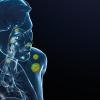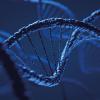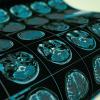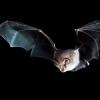Scientists at University of California San Diego Sanford Stem Cell Institute launched several new nanobioreactor experiments onto the International Space Station.

The experiments expand their research on human stem cell ageing, inflammation and cancer in low Earth orbit.
Increasing evidence shows that microgravity conditions can accelerate ageing, inflammation and immune dysfunction in human stem cells.
Understanding this process is helpful for keeping astronauts healthy and could teach us how to better treat cancer.
On a previous mission, the researchers discovered that in low Earth orbit, cancer stem cells appeared to regenerate more easily and become more resistant to standard therapies. The new mission will now determine if two inhibitory drugs can reverse the regeneration in an organoid model of breast cancer.




